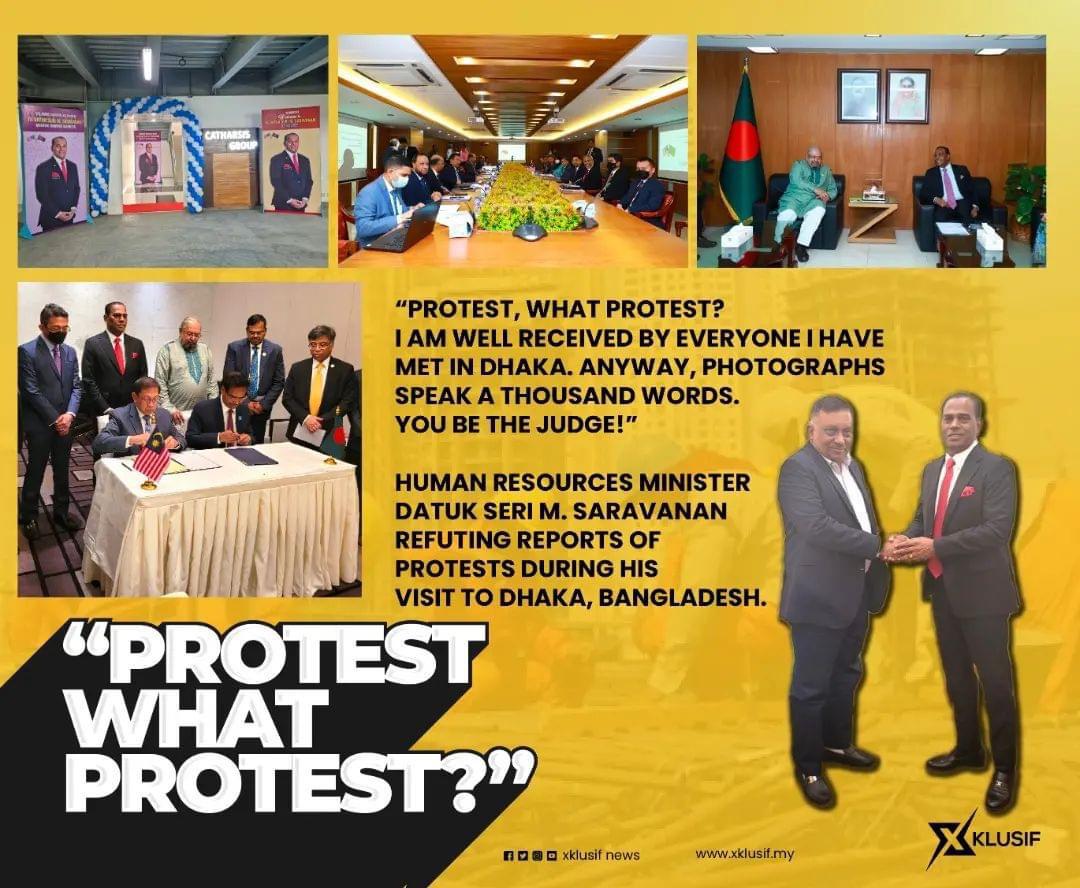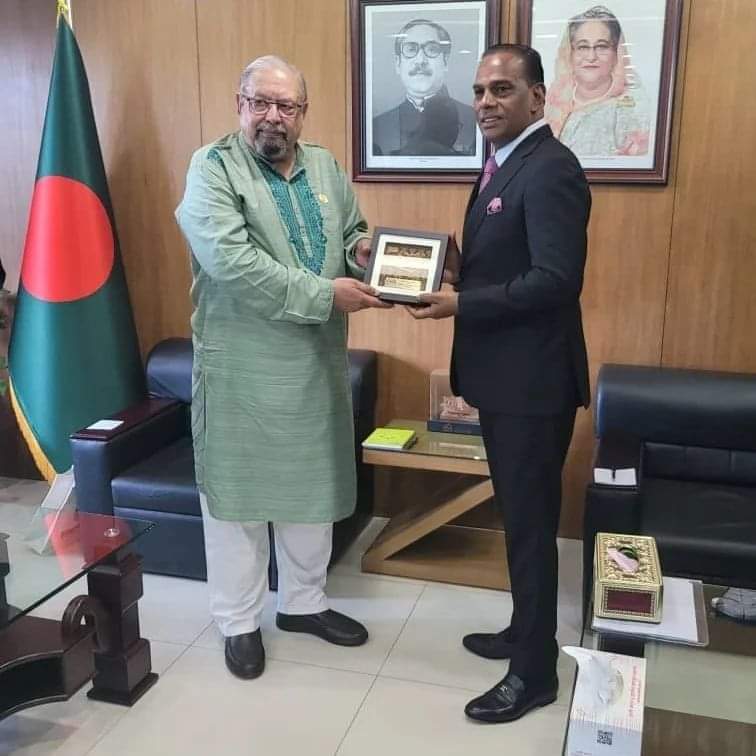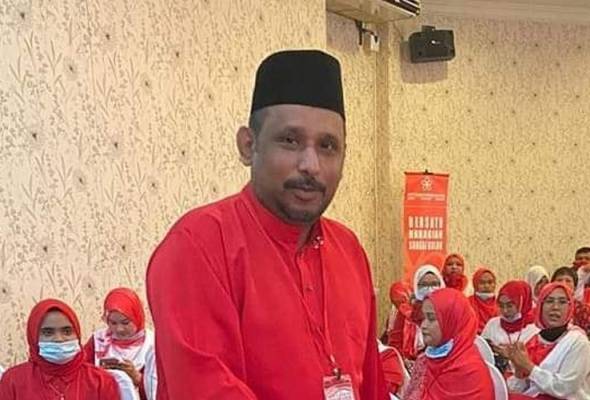WHILE Human Resources Minister Datuk Seri M. Saravanan has warned employers that their quotas will be cancelled should they collect any form of payment from Bangladeshi workers after they arrive in Malaysia, a seasoned labour activist wonders if any action will be taken against unscrupulous employers who initiated the collection process outside of Malaysia.
“But what if the employer or its agents collect all the money in advance from workers before they arrive in Malaysia – for example, like in Bangladesh via their Malaysian and Bangladeshi manpower agencies,” asked independent migrant worker rights specialist Andy Hall.
“The money collected is then passed through the recruitment chain from worker to agent to employer often using the hundi money transfer system or in cash in the form of kickbacks/corruption.”
For the uninitiated, the hundi system – an informal exchange in which paying someone in one location allows a payment to be made by an agent in a distant location and the difference settled between the agents later on – was developed in India to move money around the subcontinent.
Despite being greeted with ‘anti-syndicate’ protest in Dhaka on Wednesday (June 1) ahead of his Malaysia-Bangladesh joint working committee meeting on worker recruitment (which he denied), Saravanan insisted that Malaysia would honour the zero-cost agreement.

“Bangladeshi workers will arrive in Malaysia without having to pay anything. All costs including airfare, levy and medical fees will be borne by the employers,” he told Bangladeshi media.
“We (the HR Ministry) will cancel the quotas of employers who collect any money from them after their arrival,” he said, adding that Malaysia is expecting to bring in 200,000 Bangladeshi workers over a period of time.
Commenting further, Hall, who has been following developments pertaining to the recruitment exercise added:
“As I am aware but stand to be corrected, the Kuala Lumpur-Dhaka memorandum of understanding (MOU) inked on Dec 19 last year allegedly states that Bangladeshi workers are liable to pay all related recruitment fees and costs in Bangladesh but not in Malaysia … that’s not ethical or zero cost recruitment!”

Despite being unable to please the so-called 1,300 recruitment Bangladesh agencies who were opposed to the Malaysian-Bangladeshi joint committee keeping to only 25 agencies to supply workers as requested by Malaysia, Saravanan struck the chord with one pertinent point.
Currently, both nations are in “dire need”, with Malaysia needing foreign labour while Bangladesh had an excess of workers to be sent to the country. – June 3, 2022










